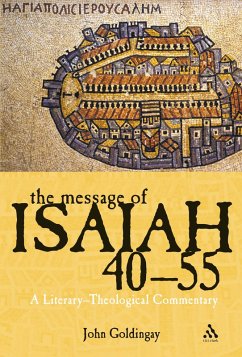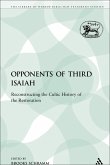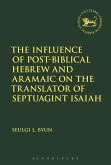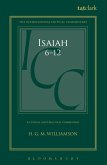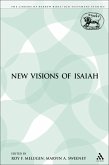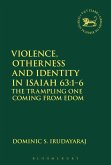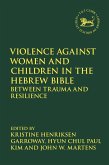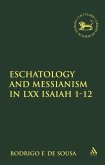The Message of Isaiah 40-55 traces the argument of Isaiah 40-55 to show how the chapters bring a message of encouragement and challenge about God's intention to restore the Judean community, some of whose members are in exile in Babylon, others living in the city of Jerusalem that has lain devastated since it fell to the Babylonians in 587. The chapters hold before this community's eyes a vision of the nature of its God as the powerful creator and the loving restorer. In the course of following the argument, the reader becomes aware that the chapters have to deal with their audience's mysterious resistance to their message. It cannot give God the kind of response the message needs and deserves, nor can it fulfil the role as God's servant that is designed for it. God nevertheless remains committed to it.
The prophet eventually becomes aware of a distinctive personal calling to embody that response, until the people are ready to do so. It is the prophet's willingness to do this (notwithstanding the suffering it brings) that embodies the kind of ministry that needs to be exercised to them so that they may be brought back to God and find a restoration of spirit, as well as a physical restoration.
The prophet eventually becomes aware of a distinctive personal calling to embody that response, until the people are ready to do so. It is the prophet's willingness to do this (notwithstanding the suffering it brings) that embodies the kind of ministry that needs to be exercised to them so that they may be brought back to God and find a restoration of spirit, as well as a physical restoration.

